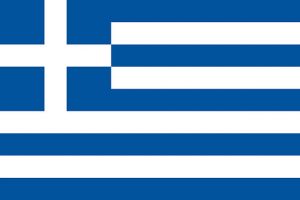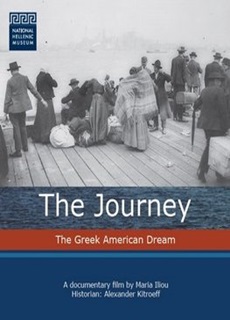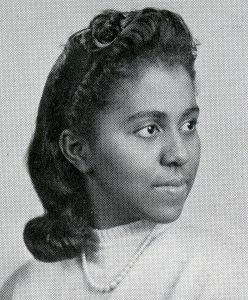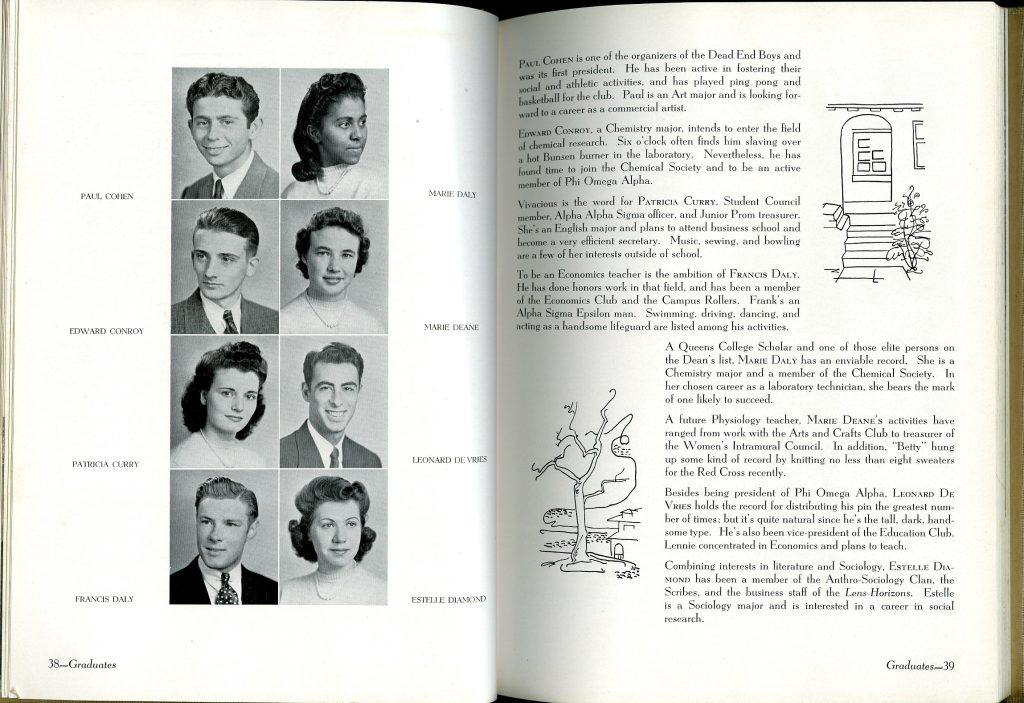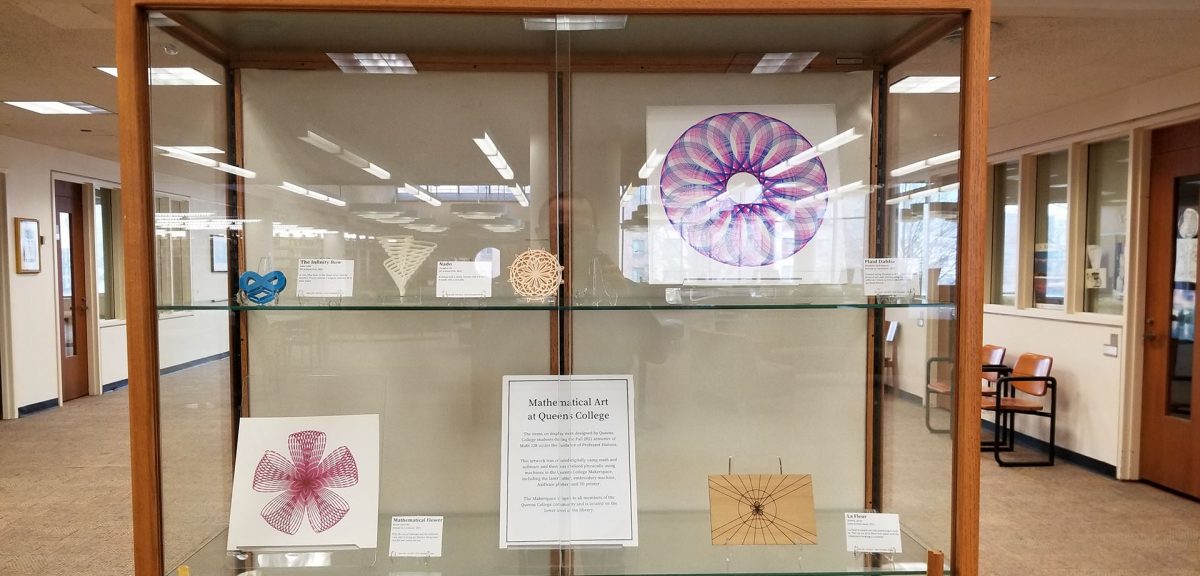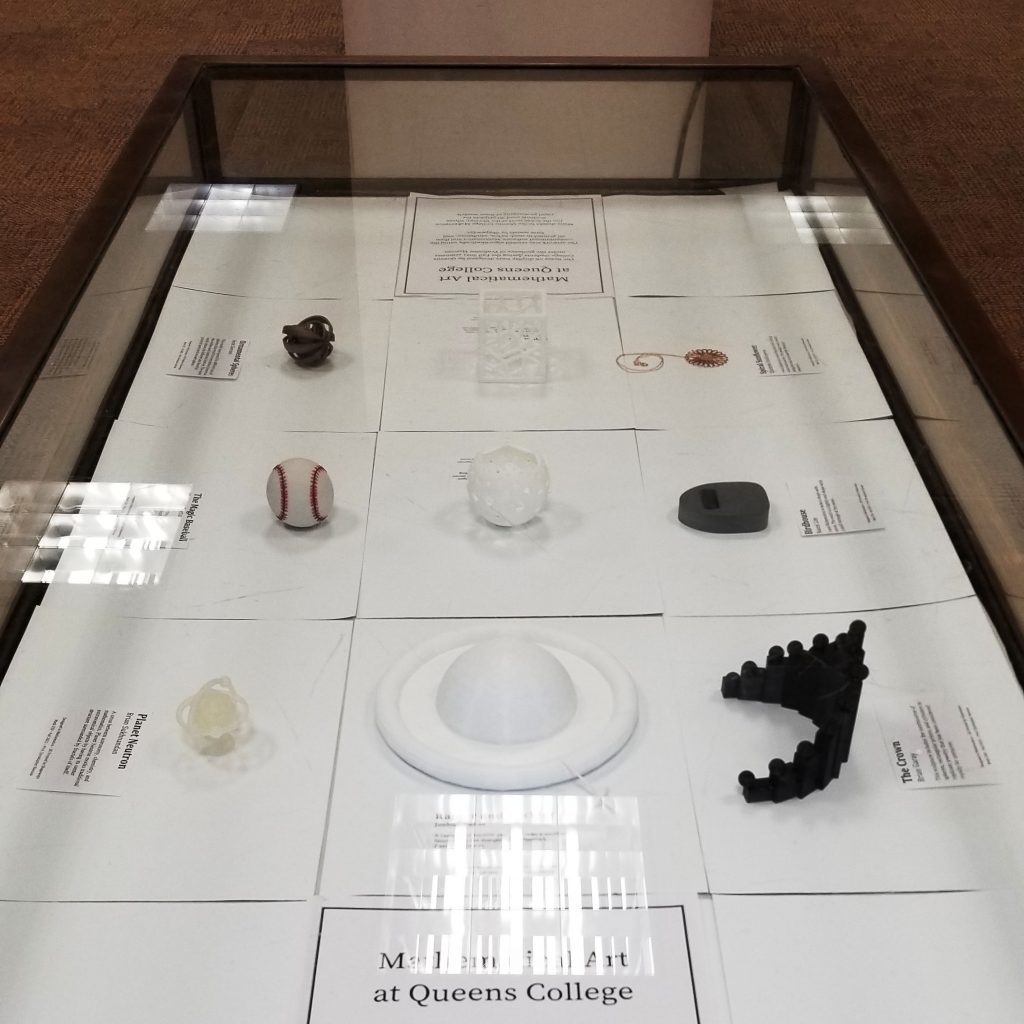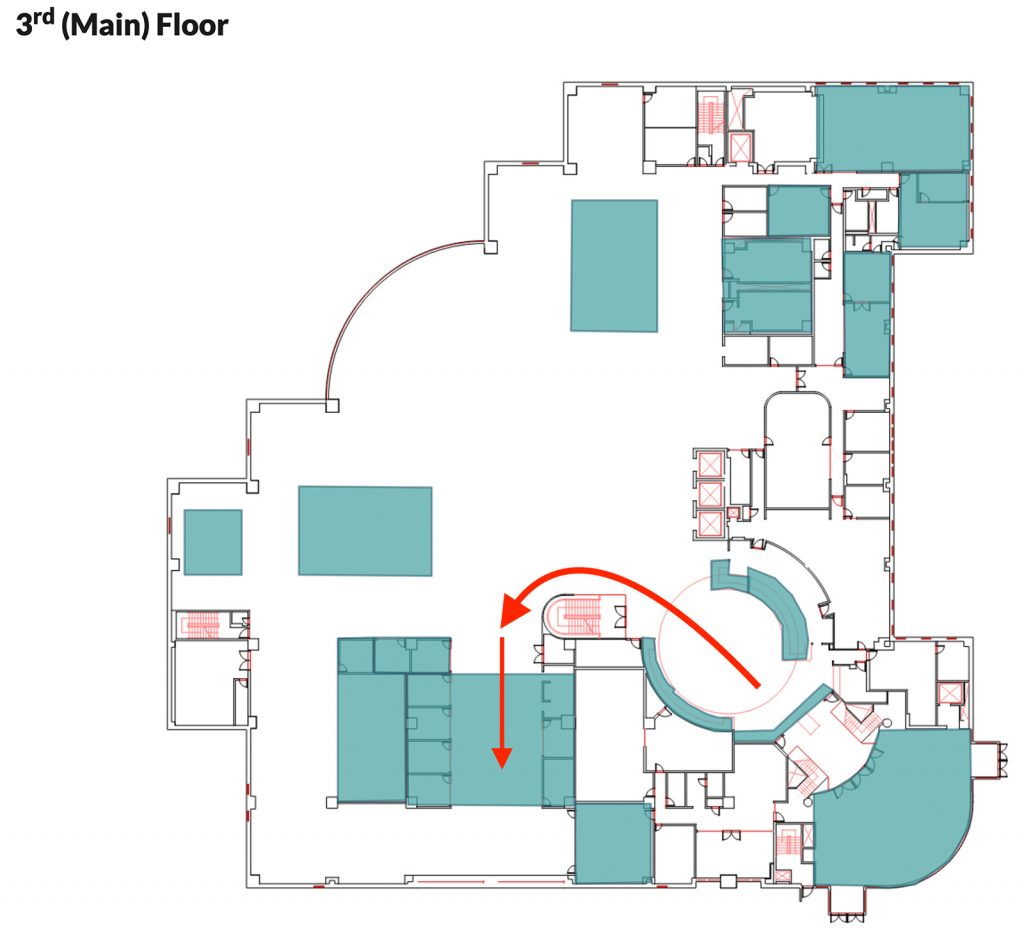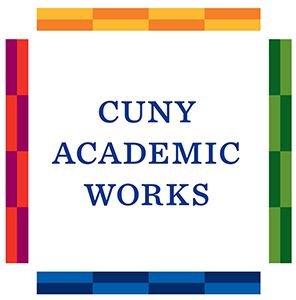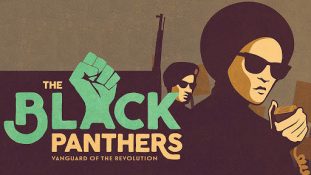Welcome to the March edition of QC Research Highlights! This mid-semester blog post seems as good a time as any to feature some odds and ends; exciting, interesting, or important research that doesn’t necessarily follow any particular theme. Enjoy!
All the works featured in this series are available to read and download for free from CUNY Academic Works.
Math and Natural Sciences
Sung-Eun Choi (Family, Nutrition, and Exercise Science) researches taste perception, food sensory science, and the relationship between taste preferences and culture. She and co-author Jeff Garza wrote “Consumer Likings of Different Miracle Fruit Products on Different Sour Foods.” Miracle fruit is a plant which, when eaten along with sour foods, makes them taste sweet! As such, it has potential as a healthy sweetener. Dr. Choi and Mr. Garza wanted to test consumer reactions to miracle fruit, in order to understand whether it would be accepted as a sweetener by the public. Participants in the study ate miracle fruit products along with several popular sour foods (sour apples, goat cheese, lemonade, pickles, and plain yogurt) and evaluated whether they liked the flavor, texture, and aftertaste. Participants liked yogurt, goat cheese, and apples more when using miracle fruit as a sweetener, but they liked lemonade and pickles less.
Valentina Nikulina (Psychology) studies the developmental effects of childhood adversity. She and her co-authors (Anthony Carpi, Xuechen Li, and Cathy Spatz Widom, all from John Jay College) wrote “Childhood Maltreatment and Lead Levels in Middle Adulthood: A Prospective Examination of the Roles of Individual Socio-economic and Neighborhood Characteristics.” In this article, they studied whether children with histories of child abuse and neglect are also at increased risk for environmental hazards, specifically lead. This study matched participants around the age of 40 who had been maltreated as children with a control group who were similar in terms of social class and other characteristics (race, sex, and age), but who had not been maltreated. Lead exposure in the blood was not correlated to maltreatment, however, there was a correlation between maltreatment and exposure to lead dust, as well as poverty and neighborhood disadvantage.
Education
Sara B. Woolf (Education and Community Programs) teaches in the Graduate Programs for Special Education. One of her research interests is action research. Her article, “Exploring Pedagogies to Elevate Inquiry: Teaching Action Research in the Third Space,” documents the pedagogical strategies Dr. Woolf used to teach action research over the course of a semester, along with the impact of these strategies. Her teaching in this class is informed by third space theory, which allows students to reflexively examine cultural biases as a means of generating knowledge and working toward social progress. The article details how Dr. Woolf established trust in the classroom, increased students’ authority in the class, promoted authentic inquiry, and elicited student feedback. While students were initially uncomfortable or skeptical of this approach, over the course of the semester, they were better able to engage critically and to work collaboratively.
Arts and Humanities
Ala Alryyes (English) studies the literature of empire and exploration. His article, “Defoe’s Robinson Crusoe: “Maps,” Natural Law, and the Enemy,” examines the role of navigation in Robinson Crusoe. Dr. Alryyes argues that Crusoe is a “user and interpreter of space and the knowledges of space.” He reads Defoe’s novel through the lenses of natural law and cartography, two imperialist discourses that allow Crusoe to accomplish nearly impossible feats of navigation while also upholding the European reader’s sense of mastery over geography. Ultimately, the novel “ties place, enmity, and selfhood.”
Gregory Sholette (Studio Art) teaches sculpture and social practice; his research is on activist art. In the short piece “Tactical Tutorial for the Post-Internet Era,” he defines “samiZine” as a portmanteau of “samizdat” (underground publications from the Soviet era, which were self-published and manually distributed to evade Soviet censorship) and “zine” (a different type of self-published work, with a history based partially in fan cultures, reproduced by photocopy). This piece cites some examples of samiZines and also, as the title says, a little bit of a “tactical tutorial” of anti-surveillance practices.
Social Sciences
Kristina Richardson (History) studies non-elite peoples of the medieval Middle East. In “Invisible Strangers, or Romani History Reconsidered” she examines how the “Strangers,” or Yenish, have been rather arbitrarily seen as separate from the Roma because they use a different language. Dr. Richardson is particularly interested in the conflation of language with ethnicity, which has obscured the relationship between the Roma and the Yenish. From this perspective, she critiques the racialized myth of language, in which languages may be seen as “pure” or “bastardized.” Additionally, she addresses Romani calls for aid during the Holocaust and how the modern understanding of Roma identity was reified. Dr. Richardson suggests that acknowledging the Strangers and the existence of mixed languages in and histories may pave the way for more complex understandings of European and Middle Eastern history.
James Lowry (Library and Information Studies) researches records management for government information, especially in international and post-colonial settings. He and his co-authors (Alicia Chilcott, Kirsty Fife, Jenny Moran, Arike Oke, Anna Sexton, and Jass Thethi) wrote “Against Whitewashing: The Recent History of Anti-Racist Action in the British Archives Sector.” This article offers an account of anti-racist action in the archival sector of the UK between 2017 and 2020. The article describes organizations including the Black Cultural Archives, “the major site of Black archival representation in the United Kingdom,” which collects Black archival materials and counteracts whitewashing in representations of UK history. The article discusses many other groups and activities, including the development of protocols for describing racist resources, the establishment of critical reading and discussion groups, and more. Finally, Dr. Lowry and co-authors dive into the repercussions of a racist incident on social media during the 2019 Archives and Records Association conference. Following this incident, there were more calls for specific action to address white supremacy within the profession; the article details some appropriate future steps.
Thank you to all the authors whose works are listed here!
This is one of a series of blog posts featuring faculty publications in CUNY Academic Works. Academic Works is a service of the CUNY Libraries dedicated to collecting and providing access to the research, scholarship, and creative and pedagogical work of the City University of New York. In service to CUNY’s mission as a public university, content in Academic Works is freely available to all.
If you would like to share your research in Academic Works, please see this guide to Academic Works, or contact Nancy.Foasberg@qc.cuny.edu.
If you would like to share your research in Academic Works, please see this guide to Academic Works, or contact Nancy.Foasberg@qc.cuny.edu.
